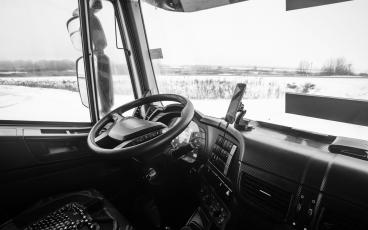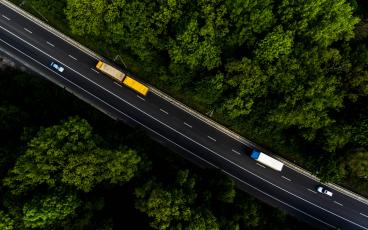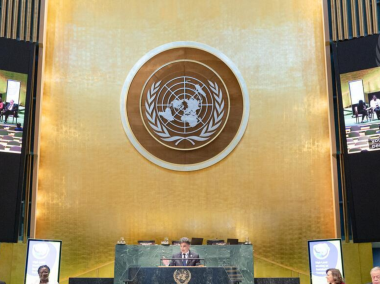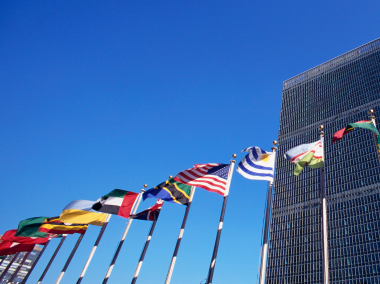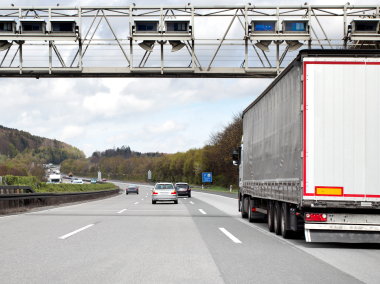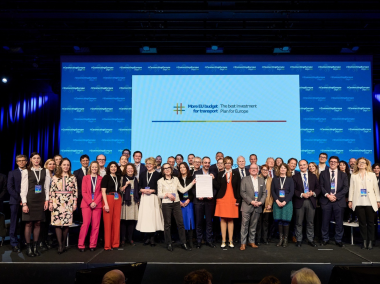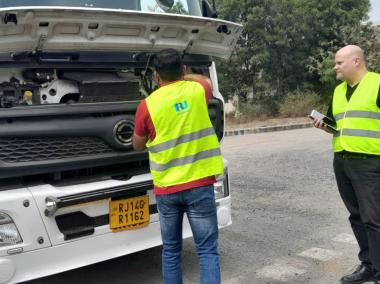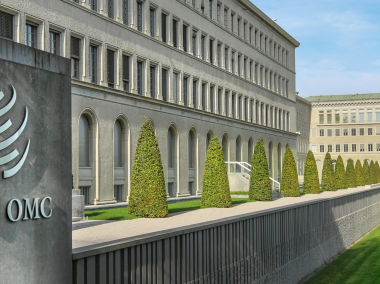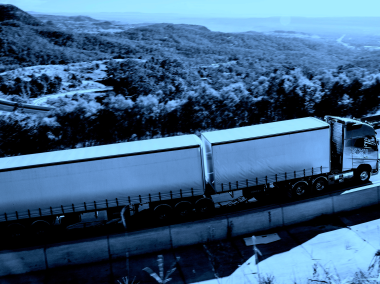What we do
IRU is the trusted voice for mobility and logistics, upholding the interest of bus, coach, taxi and truck operators as well as the broader mobility and logistics industry.
By promoting and enhancing cooperation between industry and decision makers, IRU contributes to facilitating trade and building prosperity.
IRU champions excellence in road transport through international certification standards that create real competitive advantage.
Highlights
Latest news
EU | Brussels
The EU’s new carbon toll: Complexities, shortcomings and solutions
EU countries have started implementing the bloc’s new CO2 tolls. Whether they’re new or additions to existing systems, they will have a big impact on logistics. What will those be? We asked Axxès and DKV Mobility for their perspectives.
16 Apr 2024 · Environment
EU | Brussels
IRU at Connecting Europe Days: key insights
IRU addressed the urgent need for better alternative fuel options, secure parking solutions and road transport’s role in multimodal transport at Connecting Europe Days in Brussels.
16 Apr 2024 · Environment, People, Prosperity
EU | Brussels
Versatility on the road: unpacking the EU’s truck fleet
The EU has a remarkably versatile truck fleet consisting of over 6.75 million vehicles. This IRU Intelligence Briefing unpacks this figure, looking at vehicle age, distribution, configuration, usage versus capacity, and much more.









